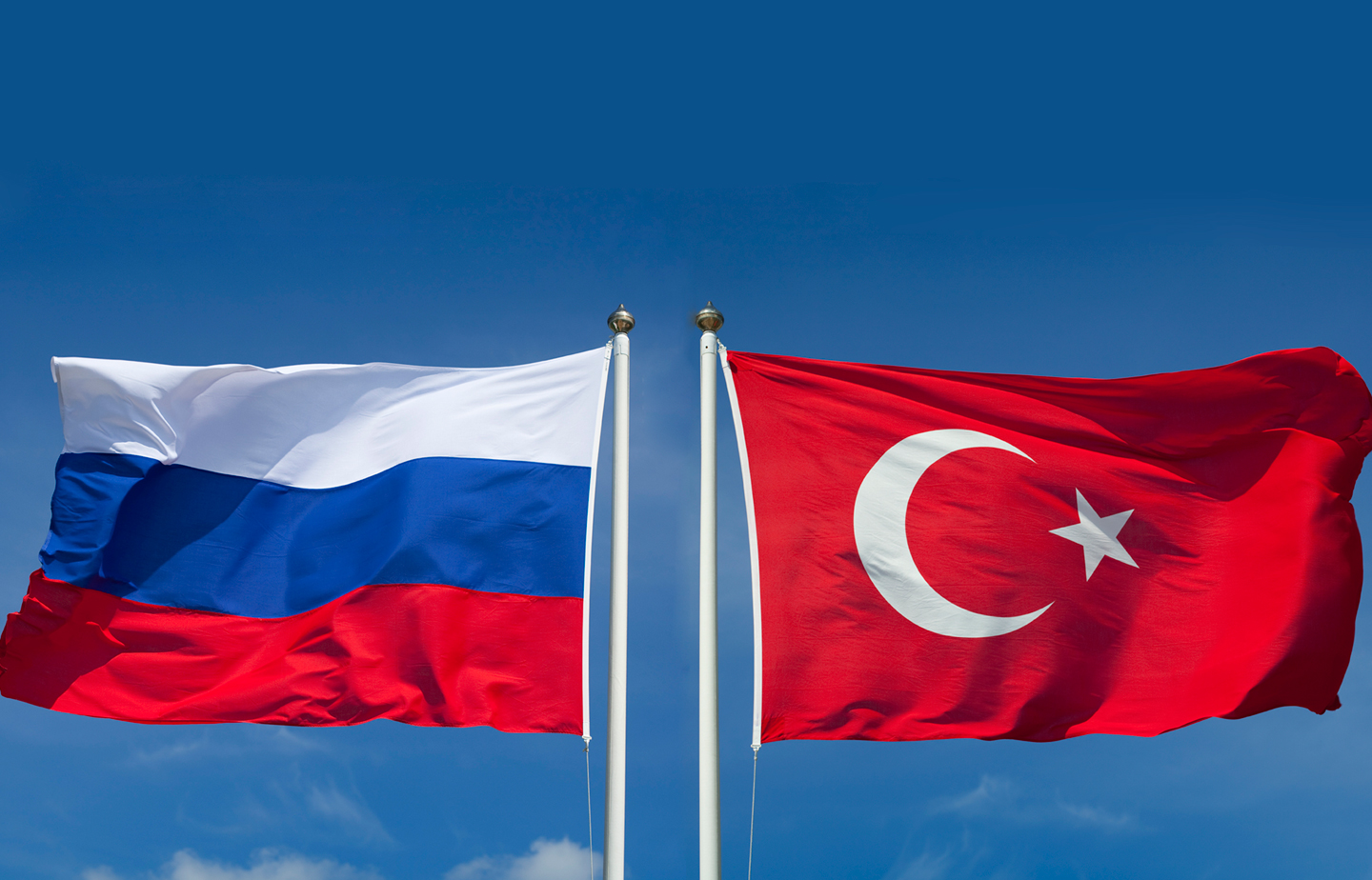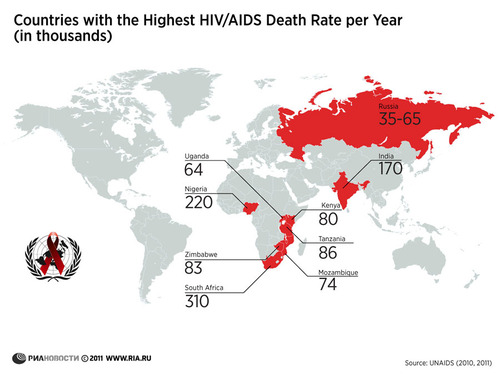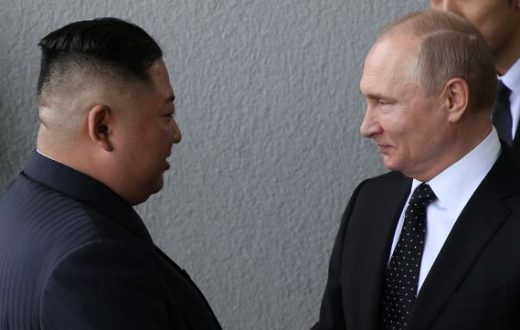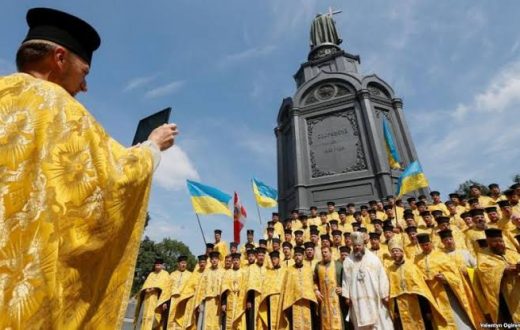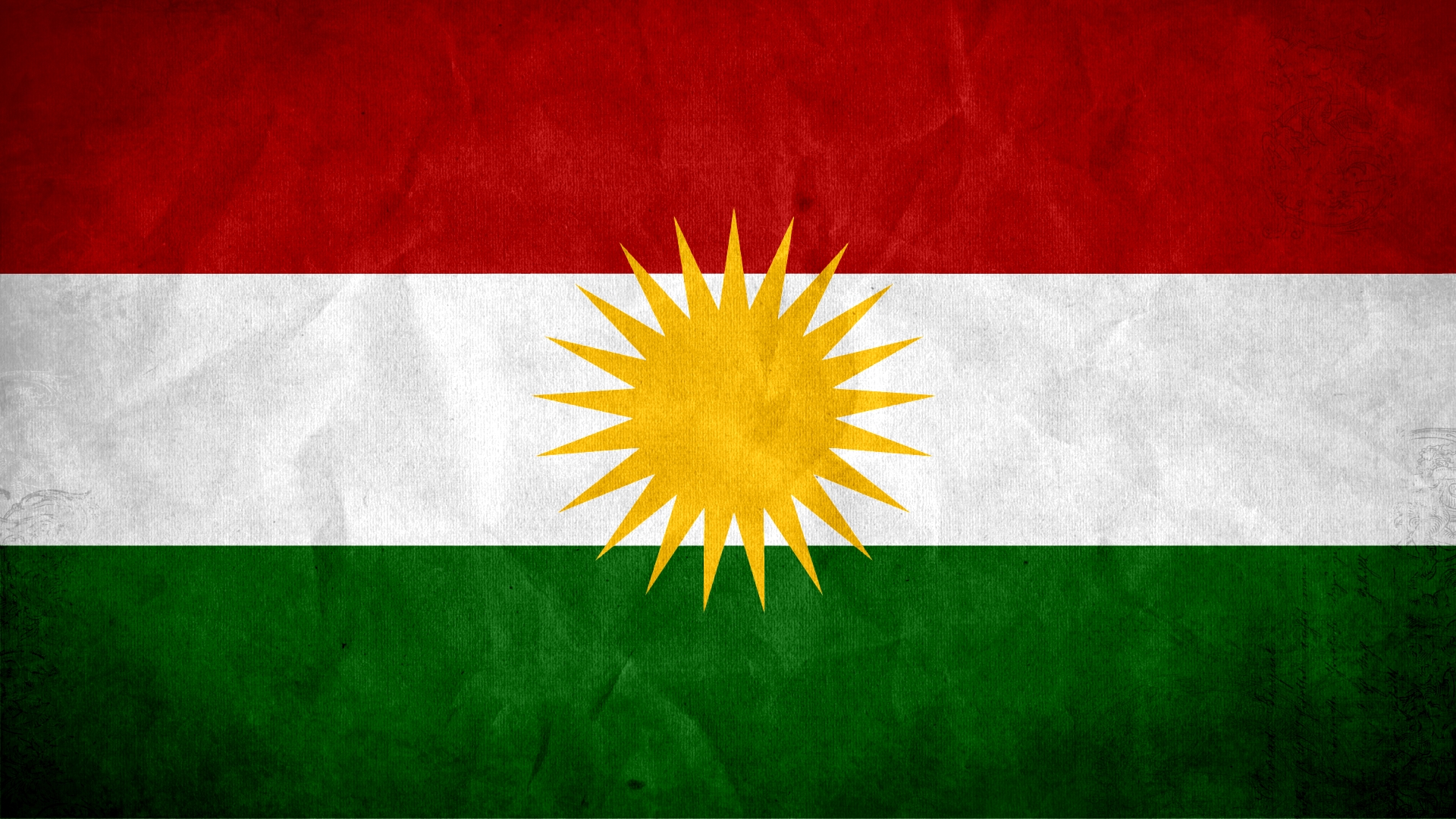A Russian Su-24 fighter jet was shot down near the Turkish-Syrian border on Nov. 24. According to a statement issued by the Turkish General Staff, the downed warplane was warned 10 times in five minutes by two intercepting Turkish F-16s while the Su-24 was flying over the town of Yaylidagi in Turkey’s Hatay province.
Turkey’s state-owned Anadolu Agency, citing unnamed officials at the president’s office, also stated that the plane was warned after violating Turkish airspace before being downed in line with Turkey’s rules of engagement. In contrast, the Russian Defense Ministry claims to have “objective monitoring” that proves the aircraft was flying over Syrian territory only, at an altitude of 6,000 meters. The Russians also said the crash was allegedly caused by gunfire from the ground and that preliminary information suggests the two pilots ejected. Local Turkmen rebels are claiming that they have captured the pilots, one of them injured and one in good health. A video with a Free Syrian Army logo shows a group of men walking up to a heavily forested area where a yellow parachute had landed.
A Context of Tensions
Since the early days of the Russian intervention in Syria, Turkey, the United States and other coalition partners have expressed significant concerns about the possibility of this exact scenario. Russian aircraft have increased the intensity of their operations across Syria, targeting both Islamic State and Syrian rebel forces. In some cases, Russian airstrikes have occurred in close proximity to where Turkey, the United States, and France have been carrying out their own air operations against the Islamic State, raising the risk of accidental collision. Turkey has warned Russian warplanes it claims were violating Turkish airspace before, but this would mark the first time Turkish forces have actually shot one down.
Ankara and Moscow have been engaged in military-to-military discussions to de-conflict their operations in Syria and have maintained a close diplomatic relationship. The downing of the Russian aircraft does not portend a direct military escalation between Turkey and Russia. The two sides will likely be able to manage the fallout from the incident through diplomatic means and through additional military contacts to better define their areas of operation.
Turkey’s hope will be that Russia exercises more caution in its operations in Syria to avoid such incidents in the future, especially as Turkey is gearing up to deepen its own military involvement in northern Syria west of the Euphrates River. Indeed, predominantly Turkmen rebels affiliated with the Free Syrian Army and backed by Turkey have had recent successes, such as seizing two Islamic State-held villages near the Turkish border. As Stratfor noted, this is the first step for Turkey, working alongside the United States, to begin flushing out Islamic State militants from the Turkey-Syria border. The operation would entail a heavy air campaign involving Turkish and U.S. fighter jets in northern Syria with the potential for Turkey to reinforce the rebels with ground troops to hold the territory and establish a “safe zone” along the border.
For Turkey to feel comfortable moving forward with such an operation, it would need to establish an understanding with Moscow to ensure Russian aircraft stay out of the way. Russia’s continued flights near Turkish airspace may have been intended to give Ankara pause in its military planning, but the downing of one of its own jets could place more of the onus on Moscow to steer clear of Turkish operations near the border.

